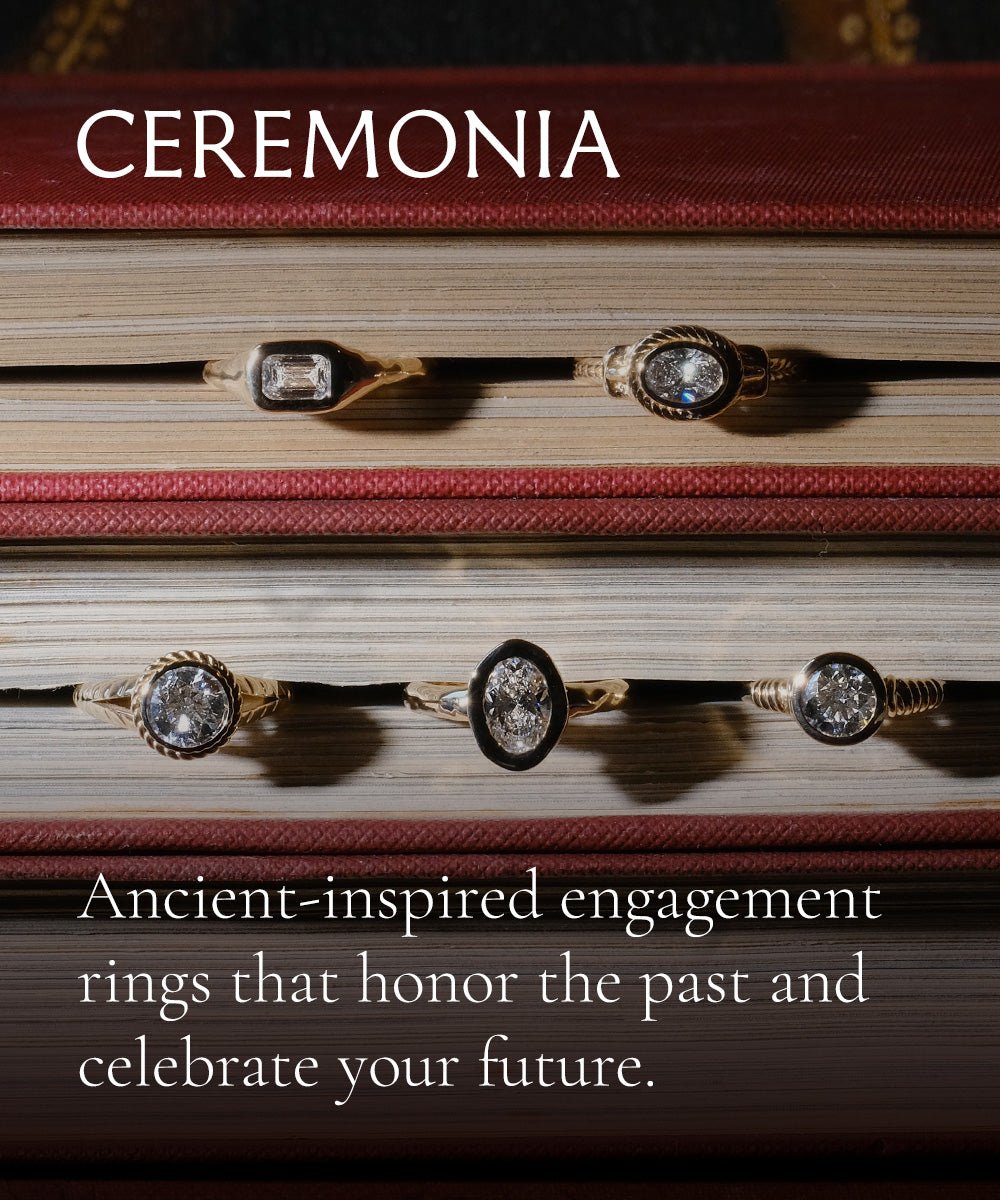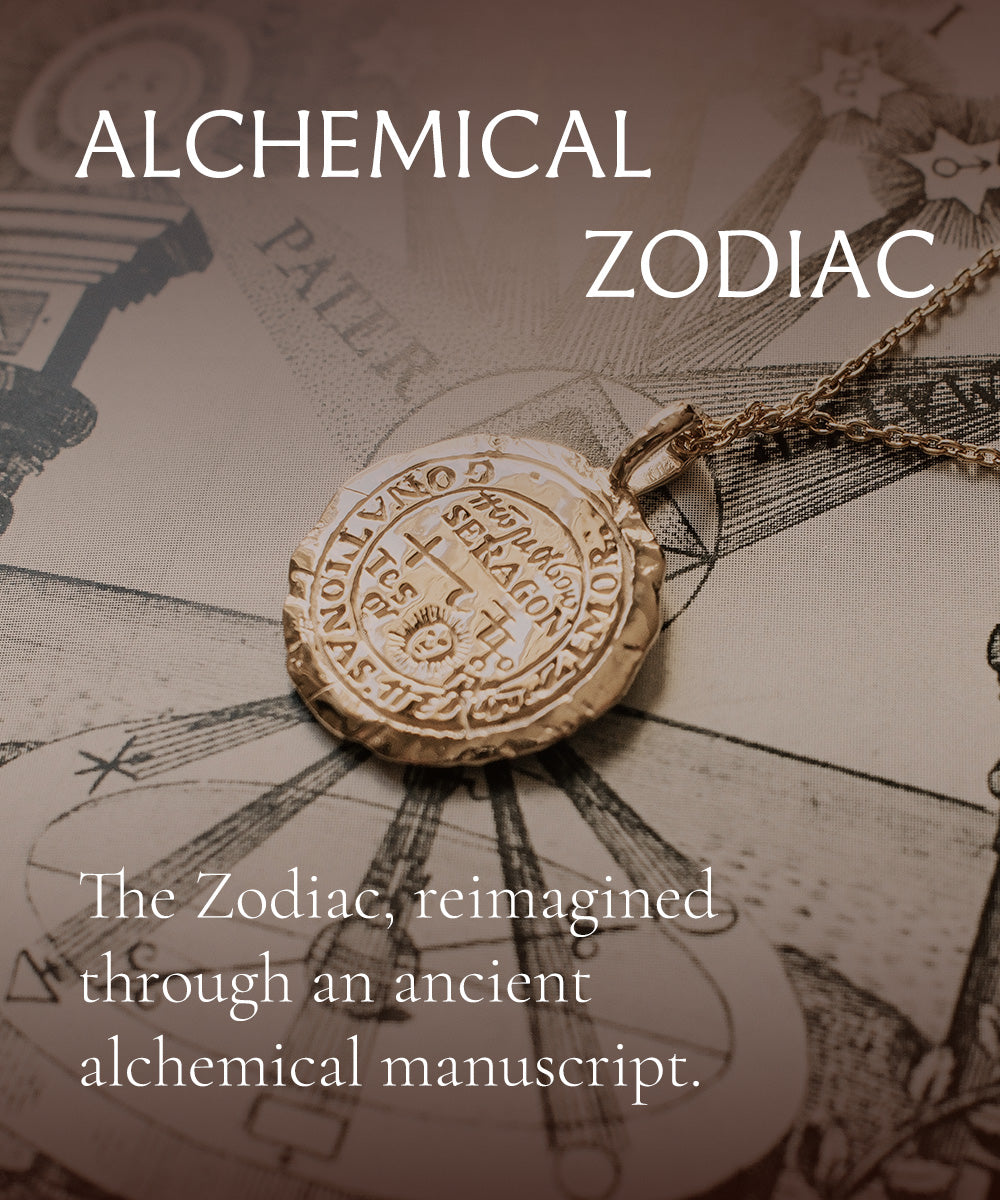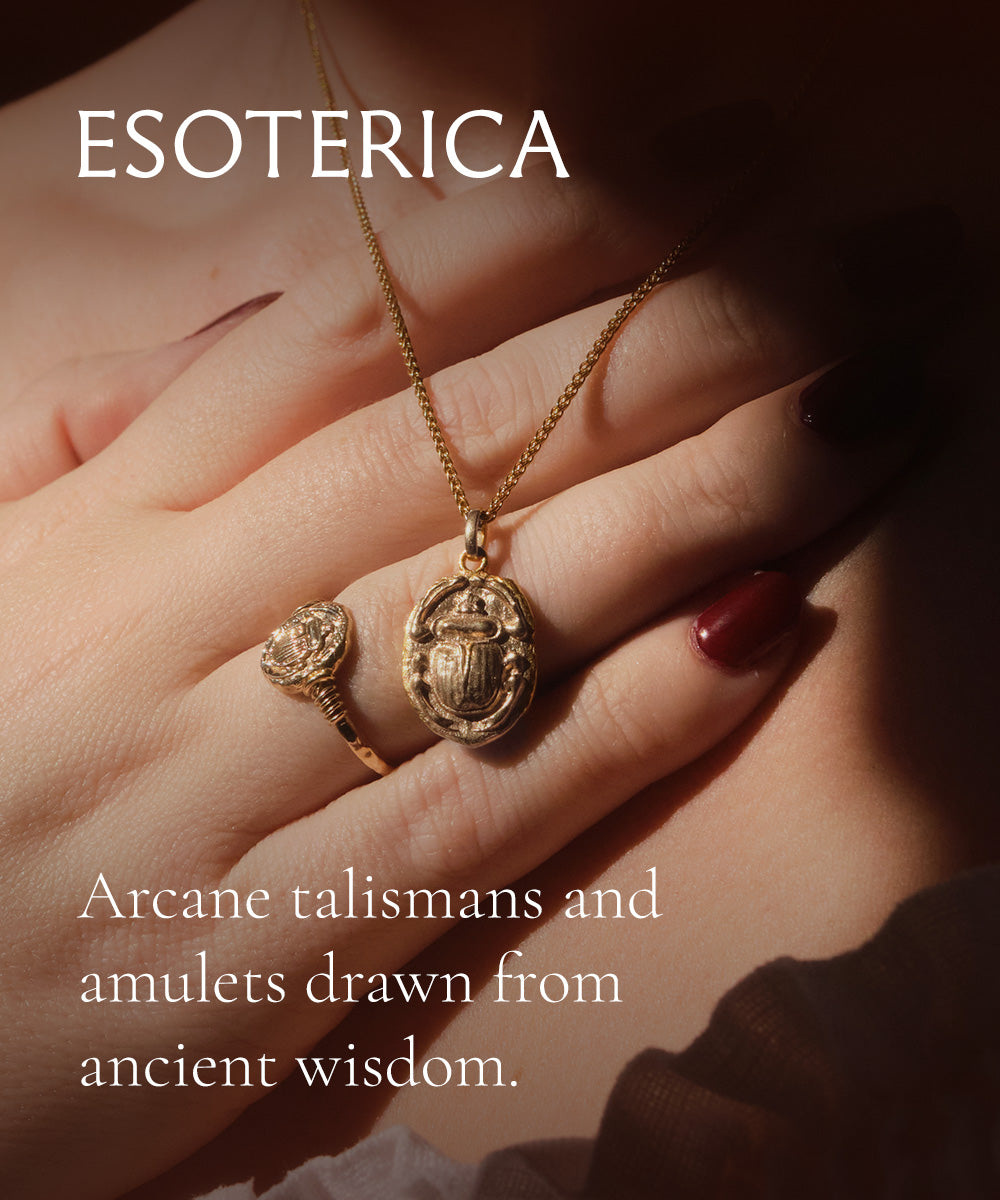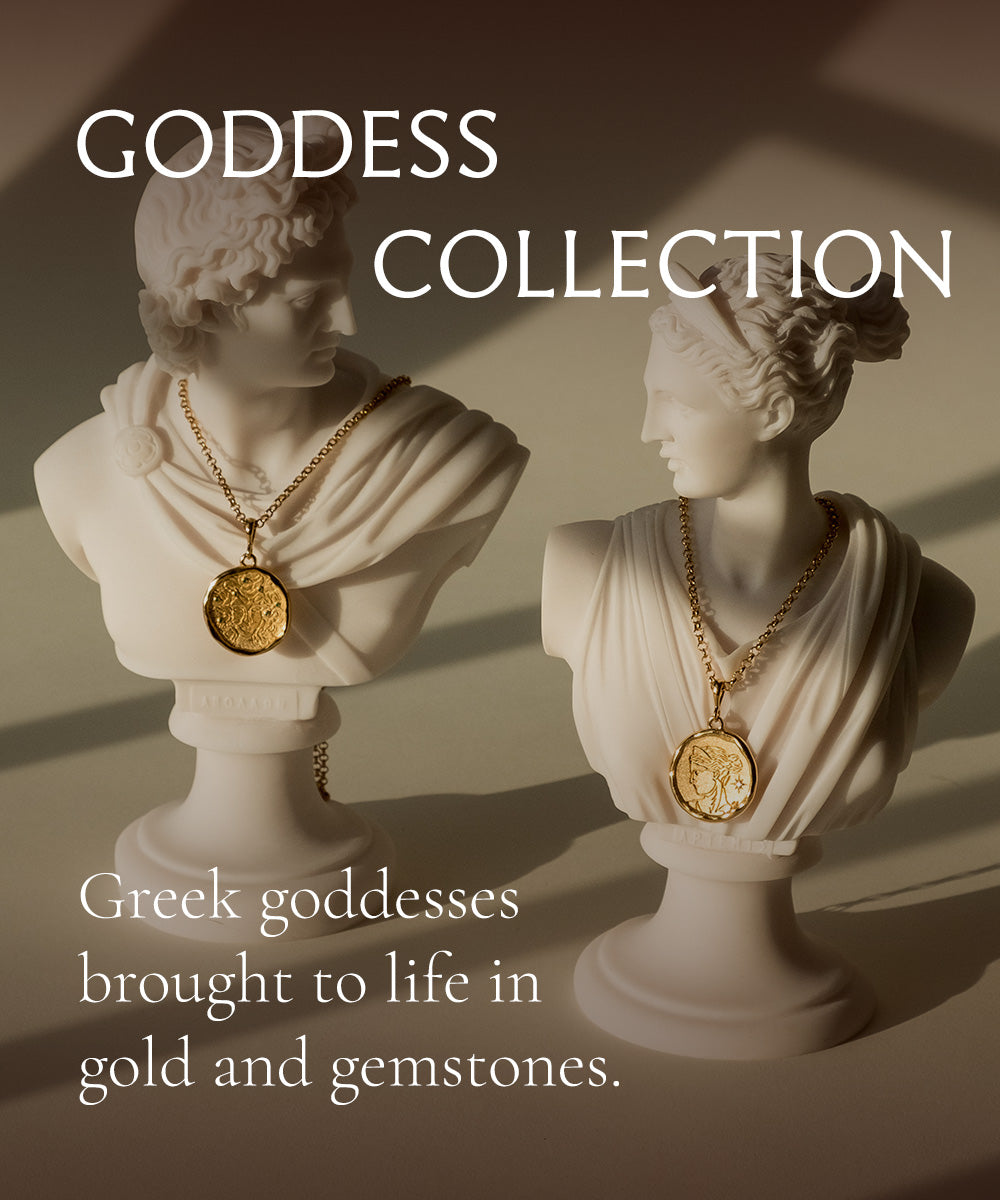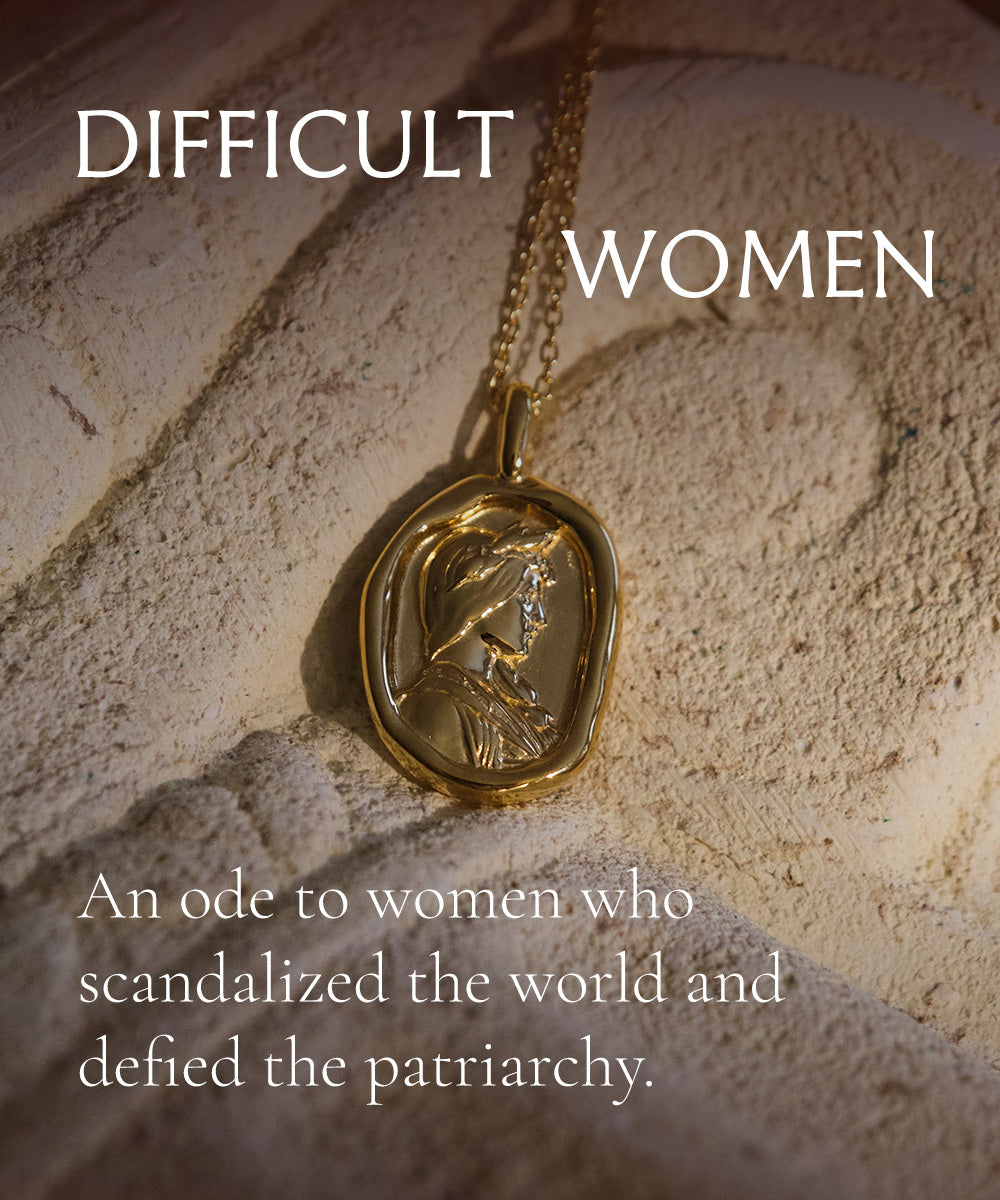The goddess Mnemosyne represented the role of memory, remembrance, and memorization, especially of language. She was a Titaness, born to Uranos before Zeus ruled the heavens. There is not much information about her, but her responsibilities were of the utmost importance.
During the time before written histories, oral tradition was all that kept history and myth alive. Without Mnemosyne, all the stories of gods and heroes and the lessons to be learned from them, would disappear. The significance of the goddess who held all oral traditions on her tongue cannot be underestimated when cultural memory could be lost to time in as little as a single generation.
I thought it fitting that the goddess of memory became the mother of the nine muses, the patron goddesses of poets. The muses took up their mothers’ mantle, and set it in stone. The nine sisters led poets and playwrights to record histories and epic poems, ensuring they lived on for longer than a single lifetime.
Her life’s work secured, Mnemosyne became an oracular goddess. Even still, the concept of memory is still strongly linked to the work of the nine muses.
On an individual level, the arts require the artist or poet to reach into their own memories. Illustrations of the human experience can be found in one’s own personal experience, and under the illumination of divine inspiration, creatives express those concepts in their own, unique way via their chosen medium. I do it often, or attempt to, at the very least.
Beyond the personal experience, I see Mnemosyne in Clio, especially. The muse of history is named for the Greek word Κλειω, or Kleio, meaning to recount, to make famous, to celebrate, to proclaim.
Clio recounts stories of the ancients, legends of heroes, folktales and fables from the countryside, the great myths of the gods. She whispers them in the ear of those who invoke her name, ensuring they carry on.
Stories are more than culturally significant. They are unifying and educational. We tell our children stories to teach them lessons, to give them role models and great aspirations, and to share culture and community with the next generation.
These stories are a valuable function of society, and in written form, memory survives. When cultural memory survives, the lessons of the past learned, history need not repeat itself.
Clio’s role is more than just the muse of history. She embodies this cultural memory, the gravity of which cannot be understated. She is truly her mother’s daughter.





